Are you hoping to invest but don’t know where to start? Well, fret no more, for we’ve compiled a comprehensive guide to get you started with responsible investing!
Among the various financial instruments available in the market, Mutual funds are simultaneously the least expensive and low-risk way to start investing.
By pooling funds from numerous different investors into a diverse portfolio of securities, including stocks, bonds, equities, and short-term debt, this investment vehicle has multiple strong advantages that rightfully make it highly appealing to new investors. You would be wise to consider buying shares in a mutual fund, especially a socially responsible one.
Most of us are not finance or impact investment experts and ideally prefer to have professional fund managers or brokerage services handle the minutiae of financial investment strategy and give us financial advice.
An experienced and skilled fund manager can do all the painstaking work of researching the securities the fund invests in, tracking the fund’s performance, and ensuring that the mutual fund is appropriately diversified.
Additionally, an investment professional and advisor can also ensure the inclusion of portfolios that often contain at least 100 different securities, thereby protecting your capital gains and reducing your risk of losses while meeting all investment objectives.
Table of Contents
- About Mutual Funds
- What Are Socially Responsible Investments?
- How Do Socially Responsible Investing Funds Work?
- The Best Socially Responsible Funds
- 1. 1919 Socially Responsive Balanced Fund (SSIAX)
- 2. Vanguard FTSE Social Index Fund (VFTAX)
- 3. SDRP S&P 500 Fossil Fuel Reserve (SPYX)
- 4. Parnassus Core Equity Investor (PRBLX)
- 5. TIAA-CREF Social Choice Bond Fund (TSBIX)
- 6. Shelton Green Alpha Fund (NEXTX)
- 7. iShares Global Clean Energy ETF (ICLN)
- 8. AllianceBernstein Sustainable Global Thematic Fund (ATEYX)
- Things to Consider in Selecting an SRI Fund
- What is socially responsible investing?
- What are socially responsible mutual funds?
- What is an ESG fund?
- FAQs
- What mutual funds are socially responsible?
- What is a socially responsible mutual fund?
- What is a socially screened mutual fund?
- What are the best sustainable funds to invest in?
About Mutual Funds

Mutual funds are even open to small investors, with some allowing you to get started by investing only a few hundred dollars and many making shares available for as little as $2,500.
In addition, by investing in a mutual fund, you gain flexibility, as these assets are highly liquid, and investors can redeem their shares whenever needed. Traditionally, mutual funds were chosen solely for these compelling financial reasons.
In the current social and political climate, modern investors, especially Millennials, are no longer satisfied with investment strategies that maximize their financial returns while minimizing the level of risk they take on.
Modern investors want more. As they invest, these socially conscious investors want to know that they back only companies that share their values. They leave a positive mark on the world by contributing to social and environmental change and creating a transparent and accountable corporate culture.
If you’re interested in socially responsible investment and would also like to reap the benefits of investing in a mutual fund, then SRI is your financial vehicle.
The practice of socially responsible investing (or “SRI”) has become increasingly popular in recent times, and today, you can choose to invest in a wide variety of socially responsible mutual funds.
Here’s what you need to know.
What Are Socially Responsible Investments?

Values-based investors emphasize investing for dual gains. They want to maximize their returns, of course, but in the process, they also prioritize backing companies that share their vision for a sustainable future.
Socially responsible investors actively look at companies that accentuate excellent corporate social responsibility. Socially responsible investing typically excludes investment categories that are seen as problematic by default.
These usually include investments in the tobacco and alcohol industries, investments in gambling, investments in nuclear power companies, and investments in fossil fuels. Multiple factors are analyzed within chosen industries to determine whether the businesses involved meet ethical standards before making investment decisions.
A company’s corporate citizenship is typically analyzed through the lens of certain ESG criteria. ESG principles encompass economic, social, and governance benchmarks:
- Measurable environmental ESG factors that are analyzed when deciding how to invest in a socially responsible manner include a company’s approach to climate change mitigation, waste and water management, deforestation, energy usage, and investment in renewable and clean energy sources.
- Social factors that socially responsible investors take into account include the company’s approach to its own workforce and the wider social community. These factors include ethical labor practices, racial and gender diversity in the workforce, product liability issues, and the way in which the company’s activities impact the communities from which they source materials, for instance.
- Governance factors pertain to responsible corporate behavior and transparency.
See Related: Best Impacting Books to Read
How Do Socially Responsible Investing Funds Work?
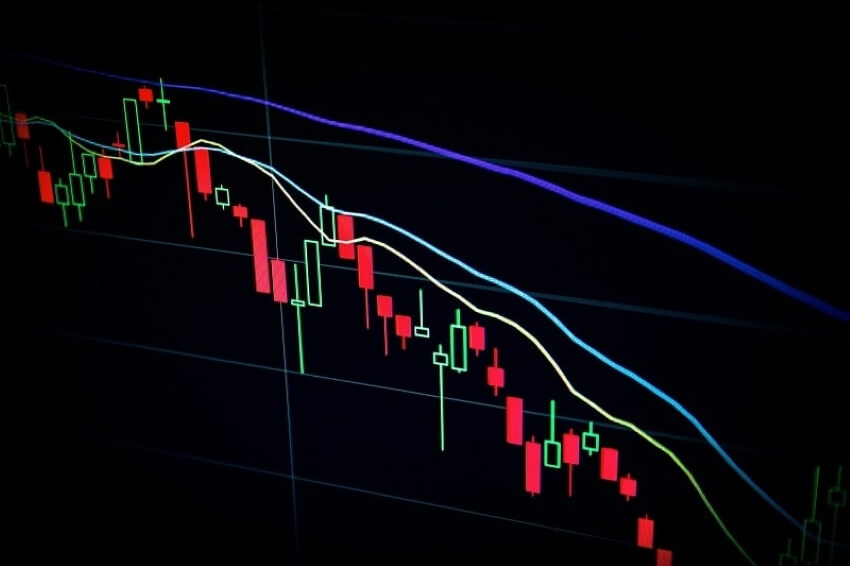
The best socially responsible mutual fund places an equal emphasis on capital gains and ESG values. These ESG funds have securities portfolios that meet their high demands while retaining the broad diversification that makes mutual funds advantageous.
This means that fund managers will conduct a meticulous ESG screening process before investing in stocks and other securities and continue monitoring ESG strategies and disclosures just like financial returns are tracked.
In addition, many socially responsible mutual funds actively participate in shareholder activism by attending shareholder meetings and exercising voting rights in investment management to further affect social and environmental change by encouraging companies to uphold even higher corporate citizenship standards.
Not all ESG funds invest in the same industries, as ESG investors can have radically different priorities. Some mutual funds that would fall under the “socially responsible” heading are primarily sustainable mutual funds that emphasize corporate environmental awareness. In contrast, others prioritize ethical labor practices or transparency in corporate governance.
The minimum investment, expense ratio, and volatility of socially responsible mutual funds should also be considered as you decide where to invest, and it is crucial to decide what level of risk you are comfortable with before investing.
To find out what ESG funds to invest in, the Forum for Sustainable and Responsible Investment maintains a very helpful and up-to-date list of sustainable and socially responsible mutual funds and EFTs, which currently contain 180 different mutual funds.
Here, however, is a closer look at some of the best socially responsible mutual funds to invest in.
See Related: Best Climate Change Mutual Funds
The Best Socially Responsible Funds
1. 1919 Socially Responsive Balanced Fund (SSIAX)
The 1919 funds, which have an extremely good reputation, seek to offer a strong combination of high returns and valued-based investing, and the 1919 Socially Responsive Balanced Fund invests primarily in the stocks of companies based in the United States that have been proven to have a deep commitment to ESG values.
This balanced fund focuses on employee well-being, human rights, and a socially responsible corporate culture. Apple, Microsoft, and Amazon are all among its top holdings. Although this ratio is steep, the 1919 Socially Responsive Balanced Fund has been among the best ESG funds in the market.
See Related: Best Impact Investment Jobs
2. Vanguard FTSE Social Index Fund (VFTAX)
This fund tracks the FTSE4Good US Select Index and avoids investing in companies with problematic values, such as those in the fossil fuel reserves and nuclear power industry, civilian firearms companies, and tobacco, alcohol, and gambling sectors. It further excludes companies that have been shown to have dubious labor practices.
As such, the prime focus is excluding companies that do not meet the fund’s standards rather than actively embracing those with excellent corporate social responsibility. The fund’s holdings include Apple, Amazon, and Microsoft.
This index fund is known for its low expenses and transaction fees, making it one of the best exchange-traded funds for new investors; your minimum input can be as low as $3,000.
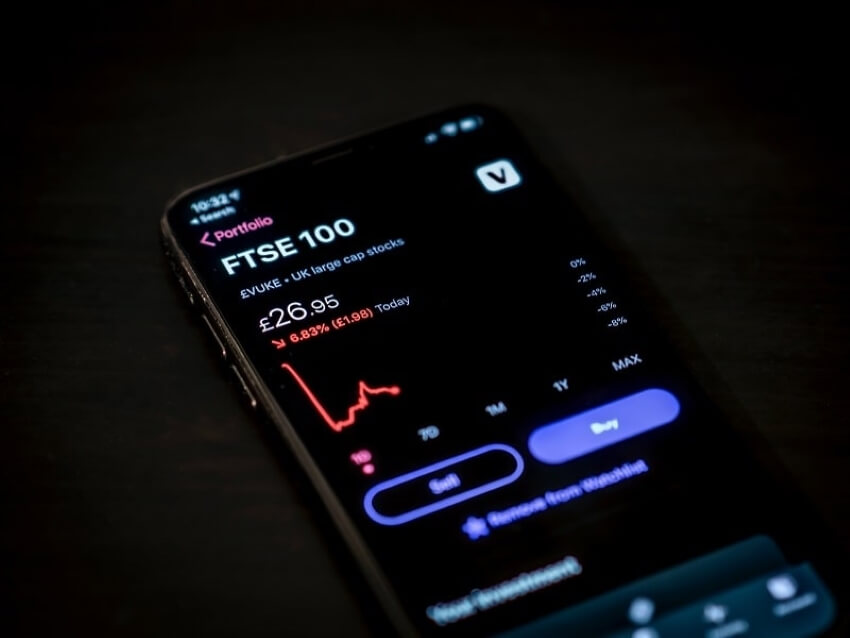
See Related: Best Investments for Teachers to Make Today
3. SDRP S&P 500 Fossil Fuel Reserve (SPYX)
The SDRP S&P 500 Fossil Fuel Reserve Index Fund seeks to track the S&P® 500 Fossil Fuel Free Index and exists to allow socially responsible investors who are primarily concerned with environmental change to make investment choices in line with their values.
Companies with fossil fuel reserves are excluded, while fossil-fuel-free investments are included in the fund’s portfolio. Microsoft, Apple, Alphabet Inc., Tesla Inc., and NVIDIA Corporation are all among its top holdings.
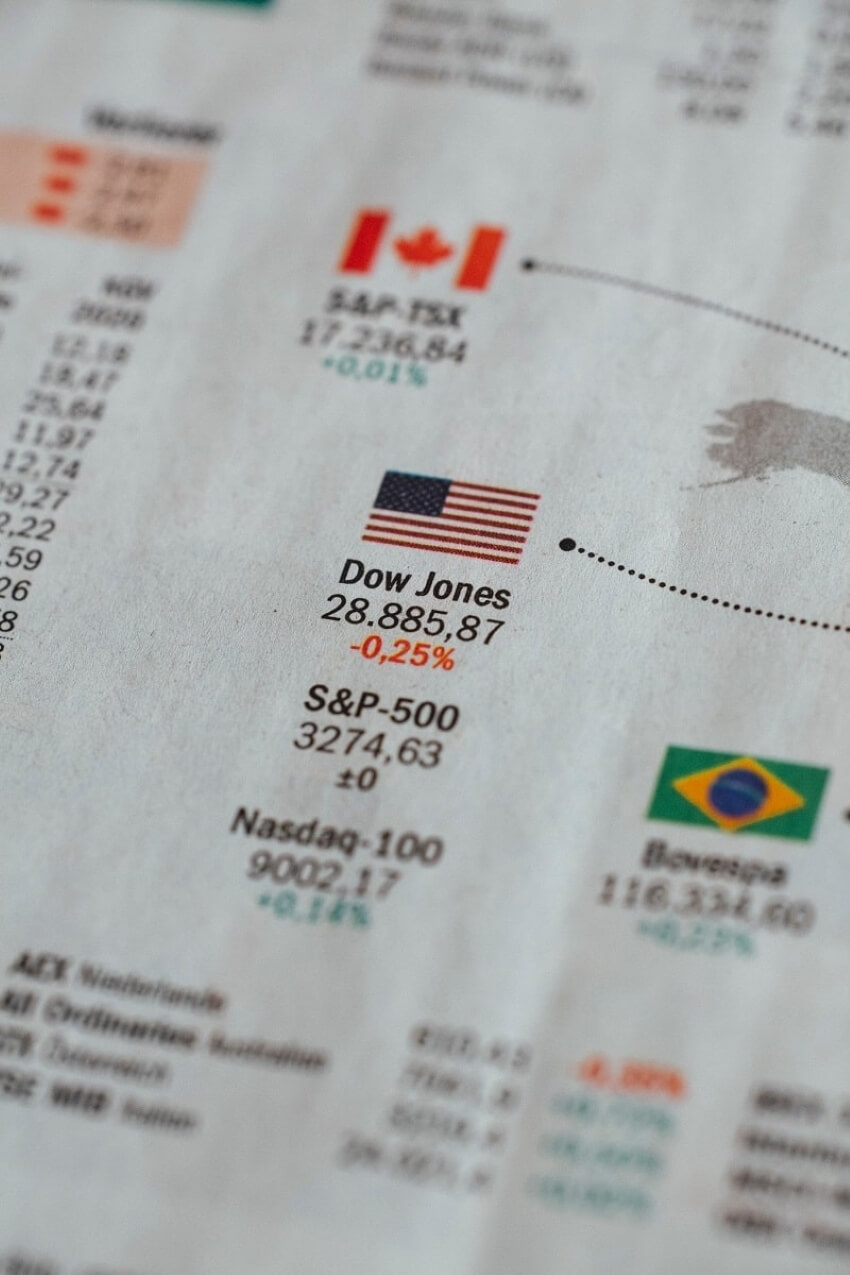
See Related: Trust Financial Corporation ESG Profile (TFC)
4. Parnassus Core Equity Investor (PRBLX)
The Parnassus Core Equity Investor Fund does have a fairly high expense ratio and transaction fees, at 0.87 percent, but it is also an actively managed fund, and it can be counted among the ESG leaders of the market.
This fund carries out ESG performance evaluations before investing. The fund’s criteria exclude “vice” companies and those within the fossil fuel and nuclear energy sectors.

See Related: Best Socially Responsible Banks
5. TIAA-CREF Social Choice Bond Fund (TSBIX)
The TIAA-CREF Social Choice Bond Fund is an actively managed core bond fund that evaluates all core ESG principles in making investment decisions.
This fund attempts to make an impact on the affordable housing market in the United States as well as investing in bond funds that further the social and economic development of marginalized communities, making it one of the best socially responsible impact investing funds focused on attracting investors who seek to contribute primarily to social change.
See Related: Best ESG Stocks to Invest in Today
6. Shelton Green Alpha Fund (NEXTX)
The Shelton Green Alpha Fund, with a minimum investment of $1,000, is a viable option for brand new socially responsible investors who are just dipping their toes in and seeking to invest in particular stocks.
It relies on a proprietary algorithm to perform its screening, to invest only in securities that contribute to green economic growth in a way that also promotes the well-being of communities. The fund’s holdings include Tesla, Moderna, Vestas Wind Systems A/S, and JinkoSolar Holding Co Ltd.
While this fund has a high fee level as well as being volatile, the Shelton Green Alpha Fund remains one of the best-performing ESG funds.
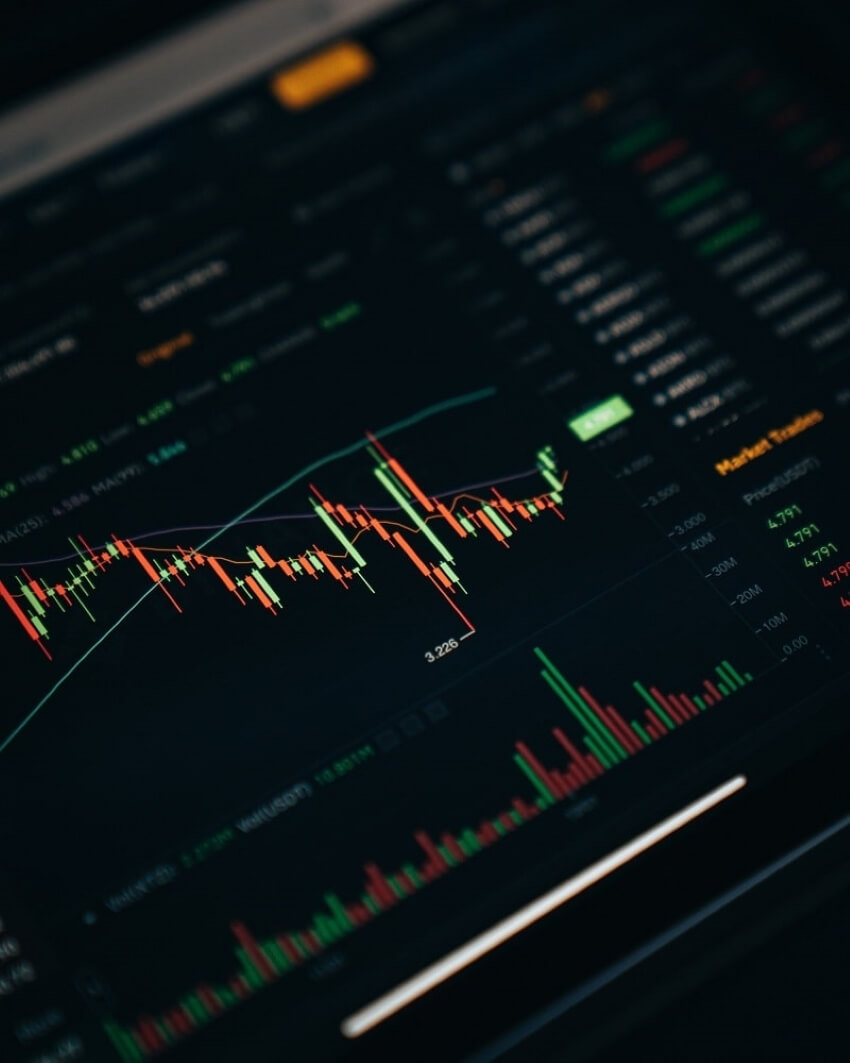
See Related: What are the Three E’s of Sustainability?
Although this is not a mutual fund, the iShares Global Clean Energy ETF is a fund that tracks the investment results of the S&P Global Clean Energy Index, a set of companies within the clean energy sector. Its portfolio includes companies within the wind, solar, and hydroelectricity generating fields, as well as those producing related equipment.
The diverse securities and large-cap stocks within ETF offer exposure to companies from across the globe. The top holdings include Verbund AG, Siemens Gamesa Renewable Energy SA, and Plug Power Inc.
Although the fund shareholders saw returns above 120 percent in 2020, socially responsible investors seeking a fixed income should consider that this fund is more volatile than many others as they make investment decisions.
This is a good way to gain exposure to one of the best ESG funds, too, where you can invest in combating climate change and global warming.
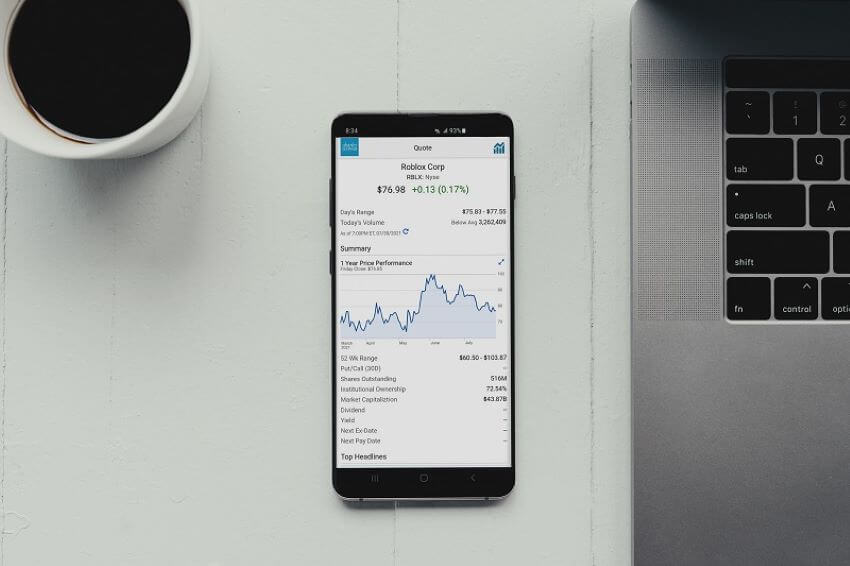
See Related: Best Banks for Low-Income Earners
8. AllianceBernstein Sustainable Global Thematic Fund (ATEYX)
The AllianceBernstein Sustainable Global Thematic Fund is an actively managed sustainable mutual fund with a portfolio of stocks from the US and global companies whose missions are consistent with the UN Sustainable Development Goals.
That means that in addition to environmental sustainability and climate change mitigation, the companies ATEYX invests in focus on health and social equity. The AllianceBernstein Sustainable Global Thematic Fund invests in new and established companies, and its top holdings include Royal Philips NV, Infineon Technologies AG, and the SVB Financial Group.
See Related: Best Investments for Young Adults
Things to Consider in Selecting an SRI Fund
The mutual funds highlighted here are far from the only socially responsible mutual funds open to investors today. As you decide where to invest, you must consider your priorities.

Some investors will have a burning desire to fight social injustice through their investment choices, while others will want to make investments that reflect their religious beliefs.
For many, creating a cleaner and greener world is a top priority — and some investors, of course, choose a socially responsible mutual fund simply because they recognize that as fossil fuel reserves take a back seat, greener investments will be less financially risky in the long term.
No matter what type of investor you are, mutual funds that share your values can be an excellent place to allow your money to work for you while helping create the world you hope to live in. Most young investors entering the market today are burdened with student loans and are often looking to invest to lay off those loans.
As such, they might be looking for funds that allow for small investments and have high returns, going hand in hand with the principles they believe in.
As you decide how to invest, remember that the “best socially responsible mutual funds” should be measured on their commitment to ESG values and global compact principles and their financial success.

SRI investors believe they will find investment products with strong performance and measurable returns. SRI analysts collect and report business practices for their industry by country policies and practices that affect society and politics.
See Related: Best ESG Target Date Funds
Socially responsible mutual funds buy stocks in businesses with social, ethical, or environmentally friendly practices and goals. These companies undergo careful vetting for shares whose values have not yet been considered.
Community investment helps build a strong future, enabling people to provide for their needs by generating returns and maximizing income. It is often possible in most communities to invest in local development banks for affordable housing and business venture capital to develop infrastructure.
Specified criteria when selecting a particular stock vary according to its value and objective. Those investors looking for environmental benefits in an investment strategy must be careful.
| Category | Criteria | Examples of Evaluation Metrics |
|---|---|---|
| Environmental | Climate change mitigation | Carbon emissions, water consumption, renewable energy usage |
| Environmental | Sustainable resource management | Deforestation impact, recycling and waste reduction initiatives |
| Social | Ethical labor practices | Fair wages, worker safety standards, diversity in leadership roles |
| Social | Community relations | Philanthropic activities, local community engagement and support |
| Social | Product responsibility | Consumer safety, data privacy and security measures |
| Governance | Corporate transparency | Transparency in reporting, executive compensation disclosure |
| Governance | Shareholder rights | Voting rights, protection against insider trading |
| Governance | Board composition | Board diversity, independence of directors, separation of CEO and Chairman roles |
Socially responsible mutual funds refer to socially conscious mutual fund investments that provide opportunities for socially responsible investing, emphasizing socially acceptable businesses.
SRI investments are united by the sense that there is a more effective use of wealth in moral enterprises, both socially and economically, than in basic assets.
No matter what type of investor you are, ESG investments can be an excellent choice for reducing negative social impacts and maximizing positive ones with greater potential for financial success than most other investment strategies.
There are many types of socially conscious people who invest in different ways due to their priorities and beliefs. Social justice remains a high priority among activist groups, for instance. In contrast, others focus on matters related to faith or environmental protection as the reasons for fossil fuel divestment as a socially conscious investment option because it limits the amount of damage and pollution caused by harmful corporations.
Other socially conscious investments include socially sustainable investing and green energy technologies like solar power. These socially and environmentally conscious investment vehicles are what is known as ESG investing
See Related: Ethical Dividend Stocks to Invest in Today
What is an ESG fund?

ESG funds can be exchange-traded, mutual, or private equity funds seeking environmental, social, and governance benefits along with a favorable financial return.
Compared to traditional funds, ESG investing seeks to only invest in companies with an excellent environmental, social, and governance track record and ongoing performance of ESG.
Socially responsible funds and ESG investing go by many names: ethical, sustainable, socially conscious, green, or impact investors. However, they all generally have the same goal: to make money while having a positive social and environmental impact.
FAQs
Mutual funds are socially responsible if they invest responsibly, i.e., align their investments with one or more of the three socially responsible investing philosophies.
There is no standard definition for what constitutes socially responsible. Still, the criteria often include minimizing an investment portfolio’s negative environmental and social impacts while maximizing positive ones.
Some mutual fund companies that offer socially acceptable funds are Vanguard, TIAA-CREF, and Capital Group, to name just a few.
What separates socially conscious funds from standard index funds is that they seek ethical investment opportunities instead of blindly following the principle of buying low and selling high.
This is so because the bottom line principle does not address underlying business practices or concerns about various projects that would be financially advantageous for investors to consider. Common factors among most socially responsible mutual funds include:
– They exclude companies that produce tobacco, alcohol, civilian firearms, or nuclear weapons
– They avoid investing in companies with poor past performance in environmental sustainability
– They invest in businesses and organizations that promote diversity practices and social equality
– They focus on renewable energy, sustainable forestry, and other environmentally friendly initiatives
A socially responsible investment fund considers human, social, environmental, or ethical concerns.
Socially responsible mutual funds are a type of socially conscious fund that incorporates environmental, social, and corporate governance (ESG) screening to exclude investments in companies with practices deemed socially irresponsible or in contravention of human rights.
Information on ESGs is obtained directly from public companies or through third-party research. Firms have varying but certain ESG criteria for companies they choose to invest in, from social issues like gender diversity to sustainable energy.
A socially screened mutual fund is an investment vehicle that provides the opportunity to invest in stocks and bonds while being socially conscious.
With socially responsible investments, investors aim to reduce their adverse environmental and societal impact without sacrificing financial performance.
What are the best sustainable funds to invest in?
The best sustainable funds are investment vehicles prioritizing environmental, social, and governance (ESG) factors in their investment strategy. These funds seek to positively impact society and the environment while generating financial returns for investors. Some examples of top sustainable funds include the Vanguard ESG U.S. Stock ETF and the iShares MSCI ACWI Low Carbon Target ETF.
Related Resources
- Best Impact Investing Apps
- How to Invest in Wind Energy
- Benefit Corporation vs B Corp: What’s The Difference?
Kyle Kroeger, esteemed Purdue University alum and accomplished finance professional, brings a decade of invaluable experience from diverse finance roles in both small and large firms. An astute investor himself, Kyle adeptly navigates the spheres of corporate and client-side finance, always guiding with a principal investor’s sharp acumen.
Hailing from a lineage of industrious Midwestern entrepreneurs and creatives, his business instincts are deeply ingrained. This background fuels his entrepreneurial spirit and underpins his commitment to responsible investment. As the Founder and Owner of The Impact Investor, Kyle fervently advocates for increased awareness of ethically invested funds, empowering individuals to make judicious investment decisions.
Striving to marry financial prudence with positive societal impact, Kyle imparts practical strategies for saving and investing, underlined by a robust ethos of conscientious capitalism. His ambition transcends personal gain, aiming instead to spark transformative global change through the power of responsible investment.
When not immersed in the world of finance, he’s continually captivated by the cultural richness of new cities, relishing the opportunity to learn from diverse societies. This passion for travel is eloquently documented on his site, ViaTravelers.com, where you can delve into his unique experiences via his author profile.
